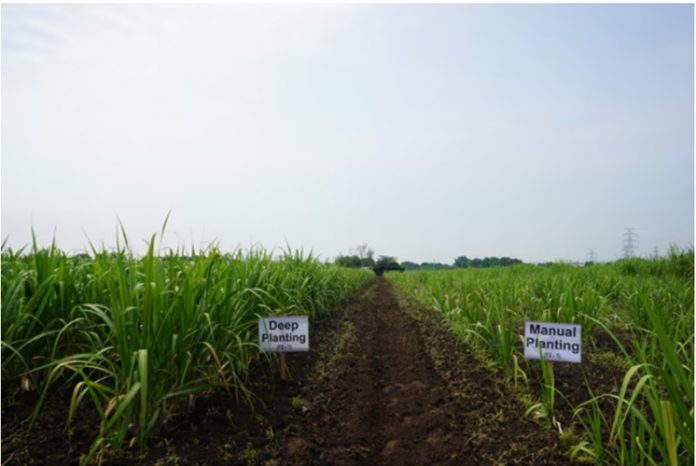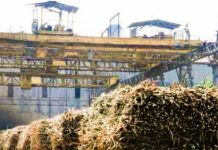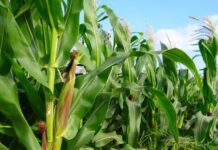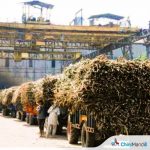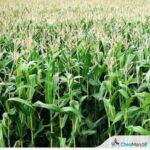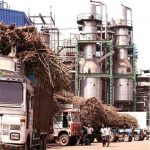Yanmar Agri Co., Ltd., a subsidiary of Yanmar Holdings, has developed deep-planting cultivation technology aimed at enhancing sugarcane productivity while reducing environmental impact. This innovation was created in partnership with the Japan International Research Center for Agricultural Sciences (JIRCAS). Following successful research, Yanmar Agri is now launching full-scale sales of the related products, according to the press release.
Sustainable sugarcane production relies on maintaining ratoon cropping, a high-productivity, environmentally friendly cultivation method, over extended periods. However, in ratoon cropping, the depth at which new shoots grow from the underground stubble after harvest tends to become shallower, which results in lower yields and fewer regrowth cycles. To solve this problem, deep-planting cultivation technology was developed to improve both the yield and longevity of ratoon cropping in the drought-prone northeastern region of Thailand.
Deep-planting cultivation involves planting sugarcane at a depth of about 30 cm—deeper than the traditional planting depth of 10–20 cm. The effectiveness of this technique for ensuring stable production during drought years has already been proven in the Philippines. Additionally, this method is expected to improve resistance to lodging, which can help reduce the damage caused by typhoons.
At present, the Philippine Department of Agriculture’s Sugar Regulatory Administration is promoting block farming, a collective farming system for small-scale farmers. Building on the findings from this research and development, Yanmar Agri is launching full-scale sales of subsoilers and deep-planting planters designed for deep-planting sugarcane cultivation, specifically targeting block farming households in the Philippines. In Japan, demonstration trials of this technology are also underway in collaboration with a local sugar factory on Ishigaki Island in Okinawa Prefecture.
Yanmar Agri’s deep-planting technology aligns with the Yanmar Green Challenge 2050 by improving sugarcane productivity while minimizing environmental impact. It promotes efficient land use, enhances resilience to droughts and typhoons, and reduces resource consumption, reflecting Yanmar’s commitment to sustainable agriculture.

